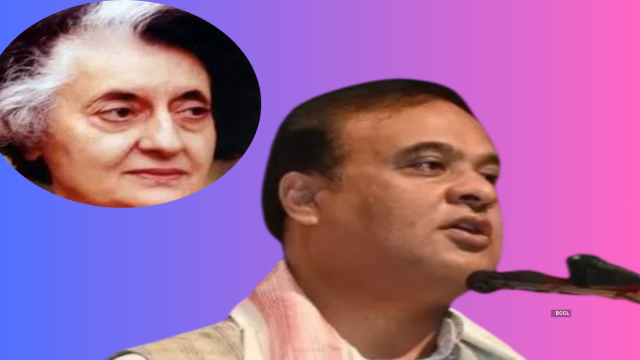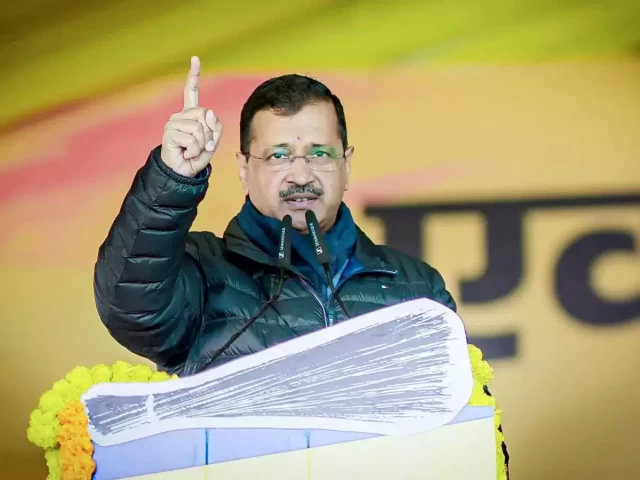Cricket World Cup Loss on Indira Gandhi's Anniversary Sparks Debate
- Posted on November 23, 2023
- Politics
- By Arijit Dutta
- 525 Views
In a politically charged statement, Assam CM Himanta Biswa Sarma linked India's loss in the Cricket World Cup final against Australia to the coincidence of it being held on former PM Indira Gandhi's birth anniversary. Sarma advised the BCCI to avoid scheduling finals on dates linked to the Gandhi family.
 Image Source -www.economictimes.indiatimes.com
Image Source -www.economictimes.indiatimes.com
Assam Chief Minister Himanta Biswa Sarma sparked controversy with his assertion that
India's defeat in the Cricket World Cup final against Australia was influenced
by the match coinciding with former Prime Minister Indira Gandhi's birth
anniversary. Speaking at an election rally in Hyderabad, Sarma highlighted the
significance of the day, attributing the loss to religious beliefs.
He
emphasized that as Hindus, they adhere to auspicious and inauspicious days,
pointing out the clash between the match date and Indira Gandhi's birth
anniversary. Sarma took a dig at the Gandhi family, urging the Board of Control
for Cricket in India (BCCI) to reconsider scheduling significant matches to
avoid alignment with dates associated with the Gandhis.
However, Sarma steered clear of referencing Congress leader Rahul Gandhi's earlier accusation against Prime Minister Narendra Modi, whom he labelled as 'panauti' (someone who brings bad luck). Rahul Gandhi's comment injected a political dimension into India's defeat in the ICC Men's Cricket World Cup held on February 19.
Also Read: Gautam Gambhir Returns As KKR Mentor: IPL 2024 Homecoming
Notably,
Prime Minister Modi attended the final match in Ahmedabad, where Australia
secured victory over India by six wickets on Sunday, November 19th. Sarma's
assertion prompted debates about the role of dates, astrology, and their impact
on sports outcomes. This unusual correlation between historical dates and
sporting events stirred discussions, adding an intriguing layer to the
discourse surrounding India's World Cup loss.
The
suggestion made by Sarma introduced a novel perspective, intertwining sports,
politics, and superstition. It raised questions about whether such beliefs hold
sway over sporting events and whether they should factor into scheduling
decisions for crucial matches. Sarma's remarks drew attention to the complex
intersection of cultural beliefs, sportsmanship, and the implications of
historical dates on contemporary events.




